Natural Nootropics: Brain Boosters From Nature:
What’s old is new again in the field of nootropics – sometimes called “smart drugs” – and it comes from the most ancient sources in nature. Coffee beans, mushrooms, tea leaves, ginseng, ginkgo and a myriad of other natural ingredients are being used as the foundation for brain-boosting supplements. These increasingly popular formulations have been shown to help enhance cognitive function, promote relaxation, elevate mood, expedite executive functions, focus attention, boost memory, increase creativity and strengthen motivation for users.
Establishing Natural Nootropics: Recent Molecular Enhancement Influenced by Natural Nootropic
Similar Article on Brain Booster:
7 Super Smart Supplements To Boost Your Memory And Recall
An ancient idea is updated for a new generation: natural nootropics and synthetic nootropics
The newest thing about nootropics may be the name itself. Coined in 1972 from the Greek words for “mind” and “turning,” it was first used by Prof. Corneliu E. Giurgea of the University of Louvain in Belgium to describe chemicals that work to improve the higher-level functions of the human brain. Dr. Giurgea set out five criteria for a compound to meet in order to be classified as a nootropic:
It should aid with improvement in working memory and learning.
It supports brain function under hypoxic conditions or after electroconvulsive therapy.
It protects of the brain from physical or chemical toxicity.
It enhances natural cognitive functions.
It must be non-toxic to humans, without depression or stimulation of the brain.
While Dr. Giurgea’s description of nootropics includes both natural products as well as synthetic compounds, many developers have expressed a strong preference for supplements that come from natural sources over those developed by chemists working in a laboratory.
Another class of nootropics has also been developed by researchers who have created prescription medicines to deal with particular mental disorders. These have received FDA approval for specific purposes such as a stimulant medication for patients with ADHD and donepezil for those with Alzheimer’s Disease. These of course can be prescribed only by doctors and other authorized health care professionals.
L Theanine Sleep: 7 Powerful Natural Sleep Aids
Does L-theanine have health benefits?
Natural nootropics can provide a healthy mental boost
Nutritionists say that the best way for people to improve their mental acuity and remain focused is to follow some simple steps: get plenty of sleep, reduce stressful situations, and eat a healthy, nutrient-rich diet. Natural nootropics added to such a routine can help people think more clearly and sharply while reducing their chances of cognitive decline as they become older.

The most commonly used chemical compound for this kind of boost is caffeine, usually consumed through coffee, tea or some other beverage. Assuming that it is not taken in excessive amounts, caffeine has long been shown to improve alertness while also giving the brain more access to neurotransmitters (such as acetylcholine) that promote short-term memory and learning.
Many nutritionists discourage the use to caffeine supplements because its natural potency could cause people to get too much. Another nootropic, L-theanine, has been shown to enhance the mental effects of caffeine and counteract caffeine-induced jitteriness. Research has shown that combining caffeine and L-theanine may help people multitask better.

Going beyond the old coffee bean
While caffeine is in no danger of losing its No.1 ranking in the nootropics hall of fame, many other natural ingredients are gaining in popularity as people seek different ways to sharpen their mental skills. One promising source of a whole family of ingredients is literally springing up all around us: mushrooms. From lion’s mane to reishi, these fungi with exotic names have been used in traditional medical practices around the world for centuries. Now they are being studied and their ingredients refined to enhance their benefits to mental activities.
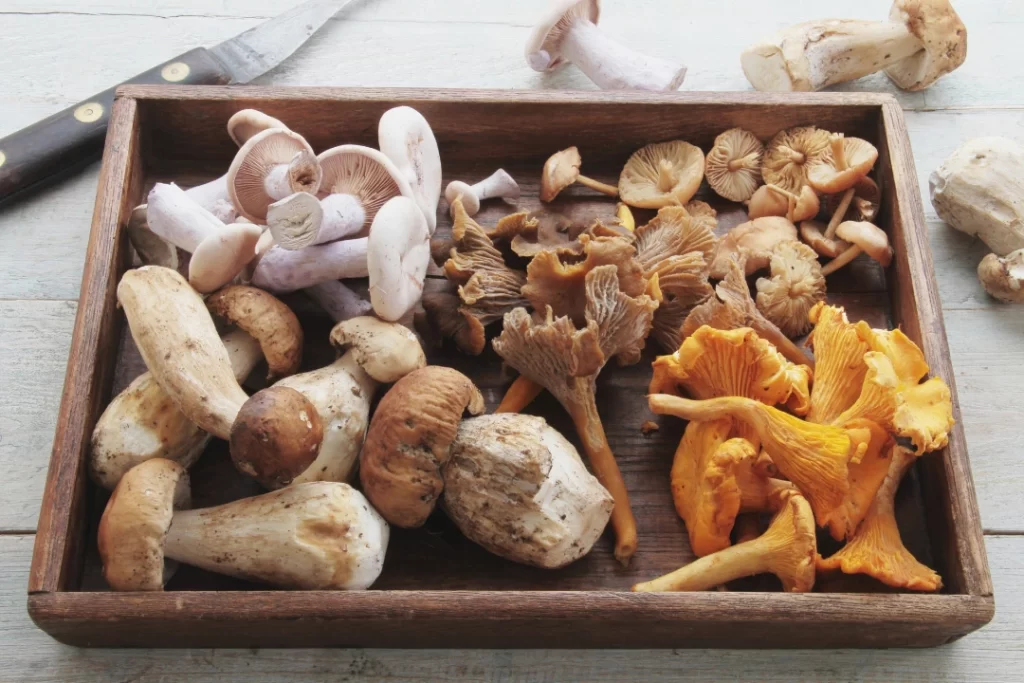
Companies that specialize in mushroom supplements such as Troop Mushrooms (https://trytroop.com) often emphasize the natural source of their products as well as the simplicity of their refinement process for those products. Troop Mushrooms also provides links to studies and blogs that detail the specific benefits from each of the different types of mushrooms used in their various formulations. Reishi mushrooms, for instance, have the reputation of making it easier for people to relax and refresh, while lion’s mane is said to be good for overall brain health and nutrition. Mushrooms are a storehouse of powerful natural chemicals (many of which are still being studied, and many of which are still being discovered) which are beneficially psychoactive without being hallucinogenic.
Natural Nootropics: Brain Boosters From Nature is an original (News7Health) report.
More ingredients, more natural nootropics
Many other chemical compounds from a wide variety of sources are also being produced to help produce natural nootropics. Among the most popular are”
Brahmi (Bacopa monnieri)
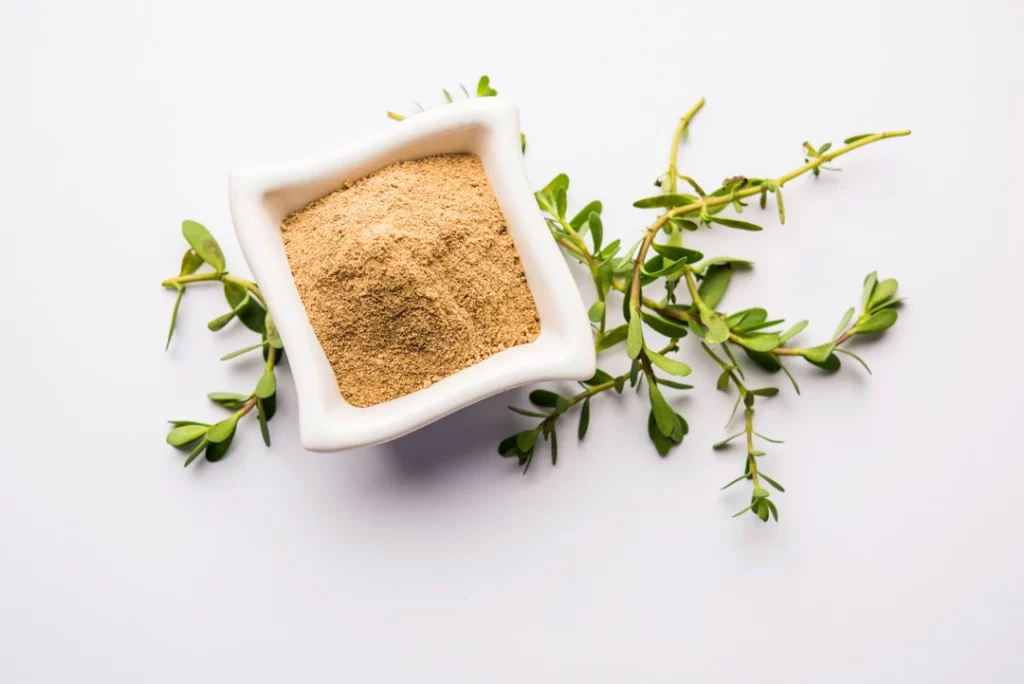
An herb found in wet, tropical environments that produces an extract shown to support mental performance and reduce stress.
Choline
A product of the human liver, it is found in supplements designed to increase metabolism, enhance brain development and improve muscle movement.
Ginkgo biloba
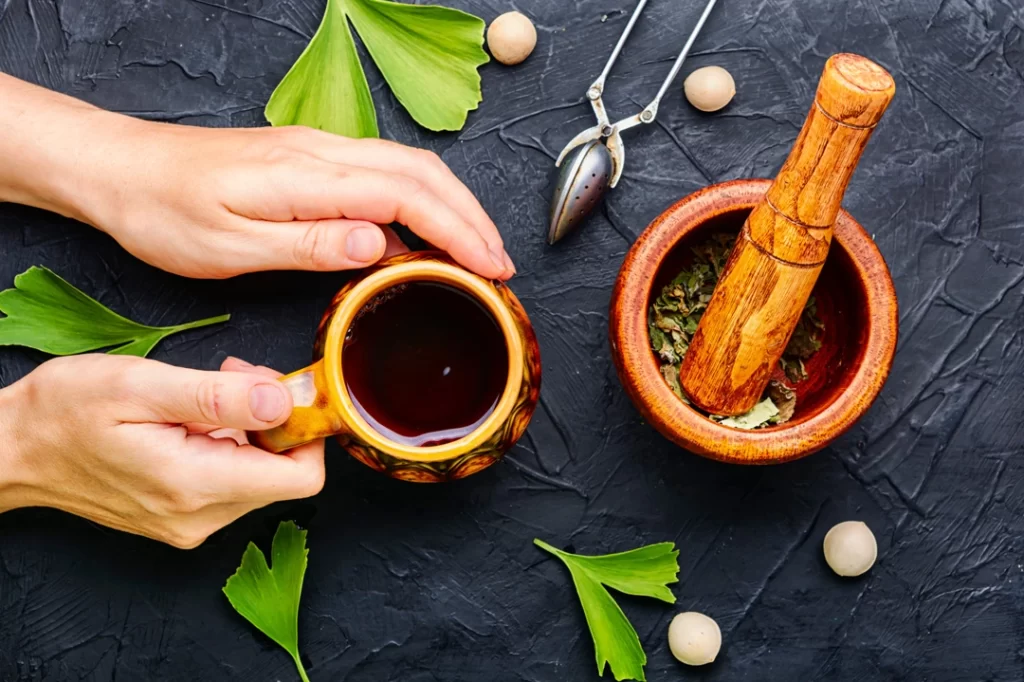
Ginkgo biloba – A tree that may contain natural nootropics that improve cognitive functions while reducing stress and anxiety.
Ginseng
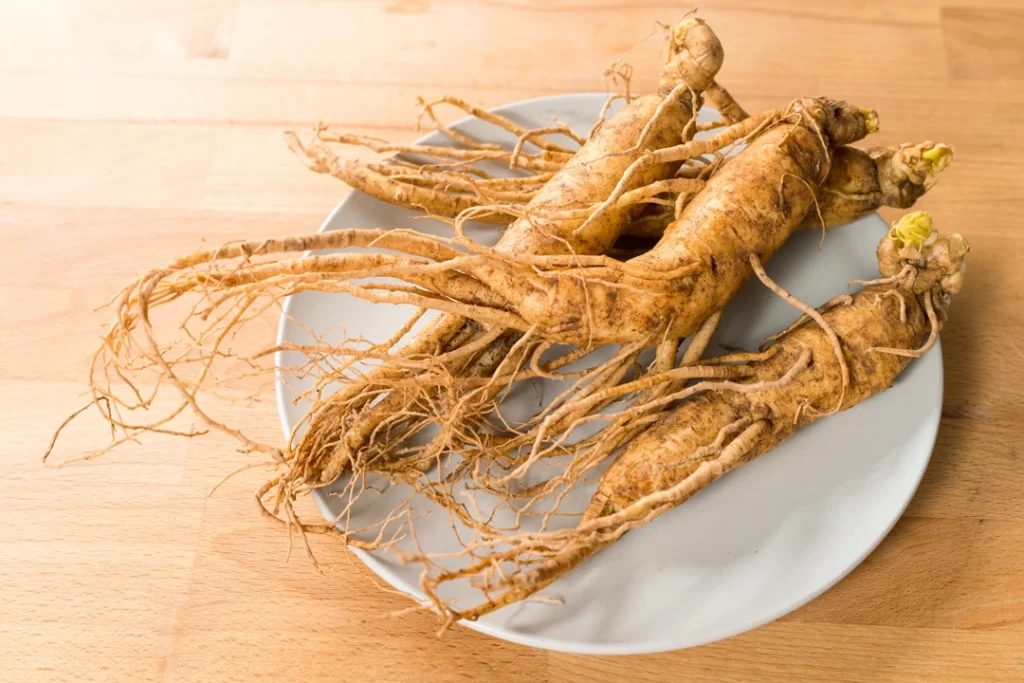
An herb used for centuries in traditional Chinese medicine for a wide variety of beneficial effects, it may also help people increase their concentration.
Green tea
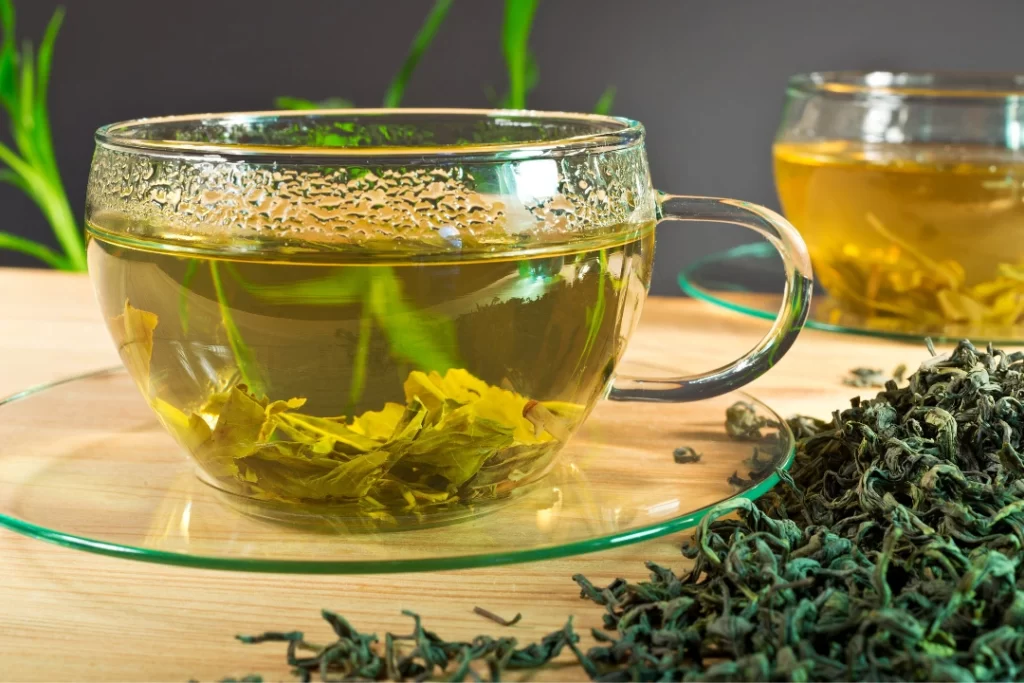
A natural source of L-theanine, a nootropic that has been shown to boost reaction time, increase attention performance, improve sleep, and promote relaxation.
Piracetam
A natural nootropic that may improve memory, intellectual functions, learning and general concentration.
Rosenroot (rhodiola rosea)
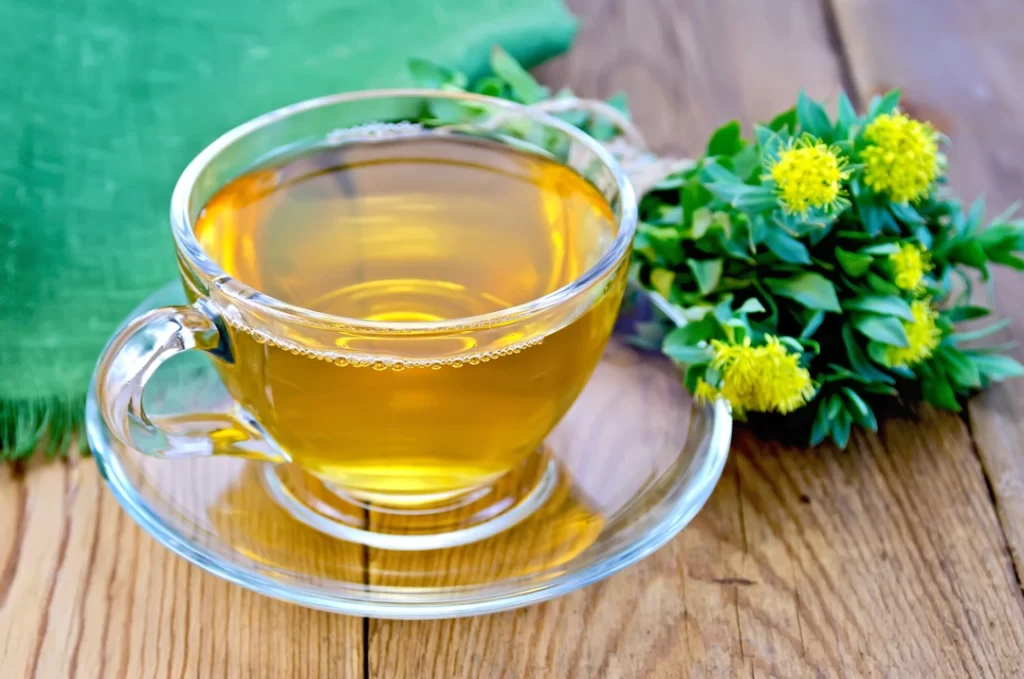
A mountain herb that contains antidepressive and anti-fatigue properties. It has long been used to treat anxiety in traditional Scandinavian medical practices.
The possible sins of synthetic nootropics
While scientists, doctors, nutritionists and brain specialists have been singing the praises of natural nootropics in recent years, many of them change their tune when the topic of synthetic brain-enhancing drugs is brought up. Part of their reticence to endorse these drugs fully comes from the compounds’ potency, which can be much stronger than the supplements taken from natural sources.
Some of the over-the-counter “smart drugs” resemble their even stronger prescription medicines, which are strictly controlled in the United States and many other countries. These should never be taken without the supervision of proper medical authorities, and even the possession of some of them without a prescription is a crime in some countries. Their effects and side-effects can be so powerful that each patient must be watched closely to make sure the benefits are worth the complications.
(Article: Natural Nootropics: Brain Boosters From Nature: (News7Health)
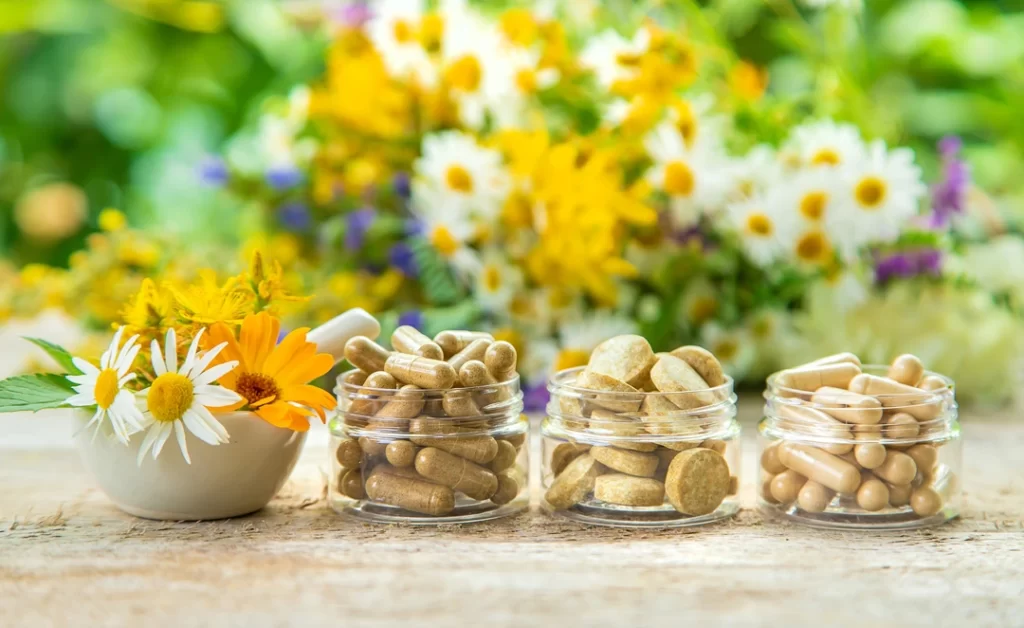
Even synthetic nootropics that are available without a prescription may be many times stronger than natural compounds, and not all of their properties have been definitively recorded. The FDA does not regulate these products as closely as it does prescription medicines, and it makes no claims about the efficacy or safety of these products.
Many side effects have been reported by users of synthetic nootropics, including headaches, nausea, insomnia, anxiety, nervousness, hypertension, heart palpitations, decreased appetite, and weight loss. Like all drugs, brain enhancers can have other side effects as well, including being highly addictive.
Because some of these synthetic brain enhancers allow users to go without sleep for extended periods of time, insomnia could become a particularly hazardous side effect.
An extended lack of sleep is extremely detrimental to brain health and function, and it may impair a person’s creativity.
The bottom line, according to many experts, is to stick with natural ingredients when looking for effective nootropics and avoid strong compounds that come from a laboratory. This time, the smart money is on Mother Nature.
Important Note: The information contained in this article is for general informational purposes only, and should not be construed as health or medical advice, nor is it intended to diagnose, prevent, treat, or cure any disease or health condition. Before embarking on any diet or program of nutritional supplementation, it is advisable to consult your healthcare professional in order to determine its safety and probable efficacy in terms of your individual state of health.
